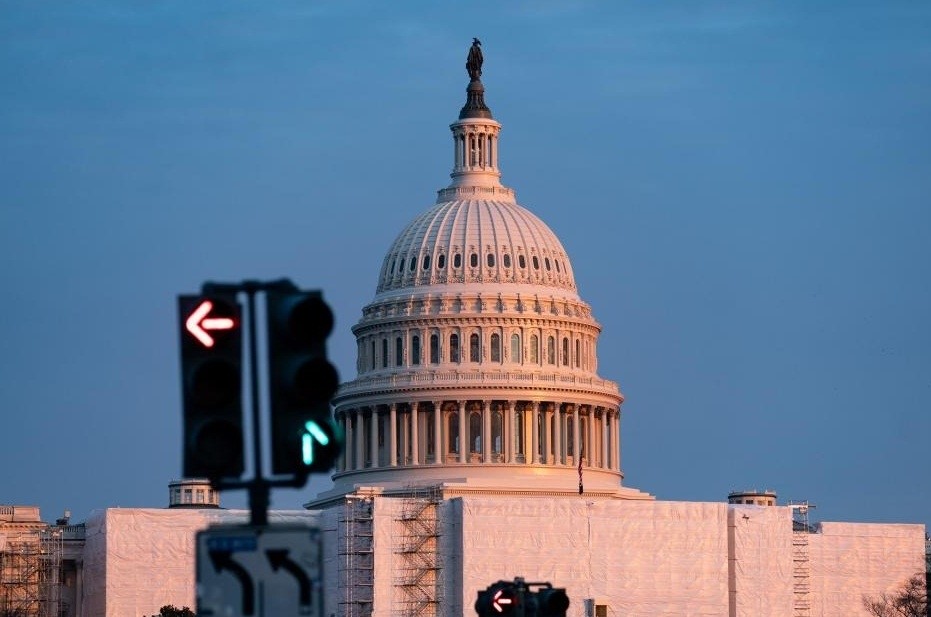The proposed legislation grants individuals greater control over their personal data usage and mandates disclosure if data is transferred to foreign entities….reports Asian Lite News
Two prominent US lawmakers, Democratic Senator Maria Cantwell and Republican Representative Cathy McMorris Rodgers, announced an agreement on draft bipartisan data privacy legislation. This legislation aims to curb the collection of consumer data by technology companies and empower Americans to control the selling or deletion of their personal information.
The proposed legislation grants individuals greater control over their personal data usage and mandates disclosure if data is transferred to foreign entities. Since 2019, Congress has been grappling with online privacy concerns, particularly regarding social media giants like Meta Platforms’ Facebook, Google, and TikTok. However, reaching a consensus has proven challenging.
The lawmakers’ plan gives the Federal Trade Commission (FTC) and state attorneys general expanded authority to oversee consumer privacy matters and enforce regulations. It includes provisions for robust enforcement mechanisms, such as enabling individuals to take legal action against violators.
While the legislation does not prohibit targeted advertising, it offers consumers the option to opt out. The FTC would establish a specialized privacy bureau and could impose fines for privacy breaches, extending its oversight to telecommunications companies as well.
Recent high-profile cases, such as Facebook’s record-breaking fine and TikTok’s class-action settlement, underscore the urgency for stronger privacy regulations. The proposed legislation seeks to address these concerns by enhancing protections for minors’ data and tightening regulations on facial recognition technology.
Cantwell and Rodgers emphasize that the bipartisan draft legislation represents a significant opportunity to establish a national standard for data privacy and security. It grants individuals the right to opt out of data processing and requires explicit consent before transferring sensitive data to third parties.
Furthermore, the legislation empowers consumers to take legal action against privacy violators and prohibits companies from using personal information for discriminatory purposes. It also mandates regular algorithm reviews to safeguard individuals, particularly youth, from potential harm or discrimination.
In conclusion, the bipartisan agreement on draft data privacy legislation marks a critical step towards establishing comprehensive national standards for data protection. If enacted, this legislation would enhance individuals’ control over their personal information and strengthen oversight of tech companies’ data practices.
ALSO READ: Embarrass, Shame PM Modi: Pannun






